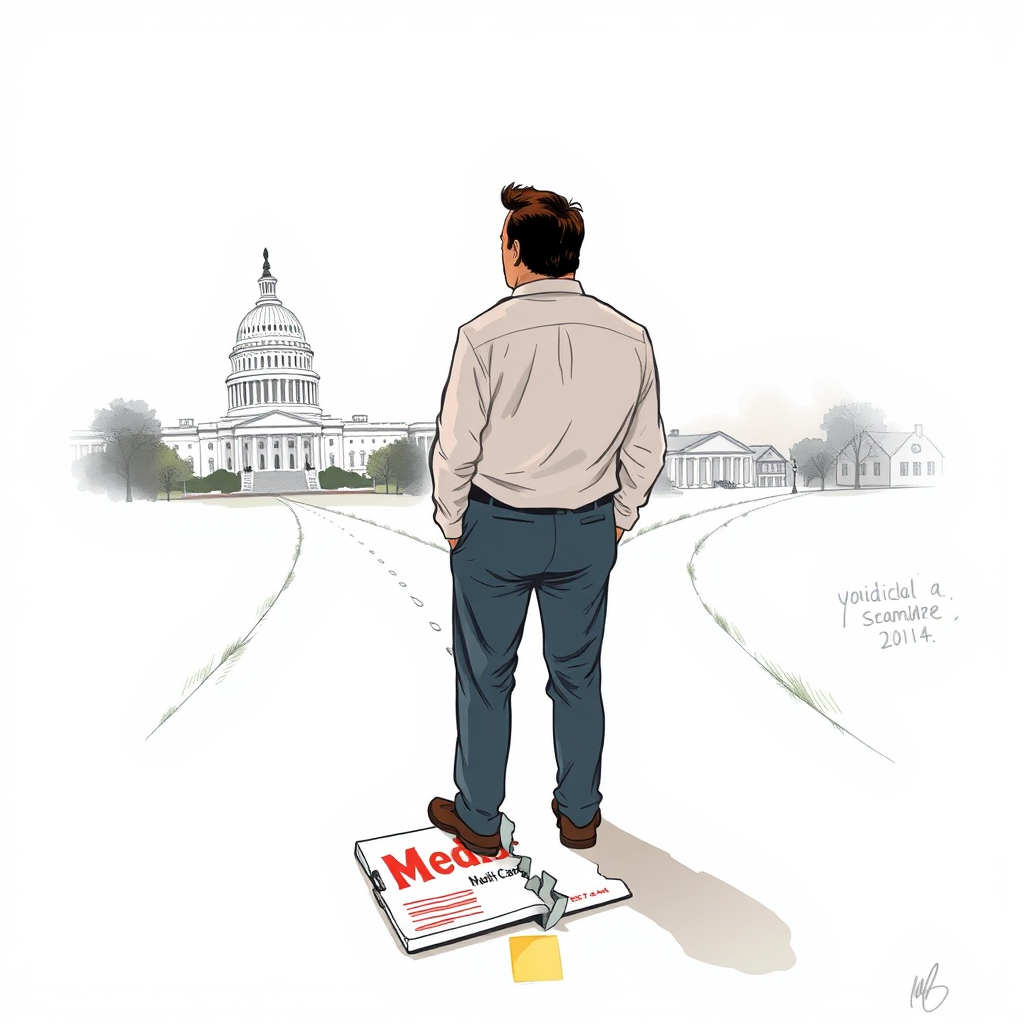JD Vance Accused of Abandoning the Poor

JD Vance is facing criticism for a perceived shift in his political stance, moving away from his previously expressed support for programs aiding the working poor. An article in The New Republic details how Vance, author of the bestselling Hillbilly Elegy which chronicled his upbringing in a struggling Ohio town, now appears poised to support potential Medicaid cuts as a means of advancing President Trump’s legislative agenda.
The critique centers on a contradiction between Vance’s past statements and his current position. Previously, Vance argued that reducing Medicaid access would undermine Trump’s efforts to appeal to working-class voters, specifically those reliant on the program. He reportedly stated in 2017 that voters supported Trump, in part, because he promised to not cut Medicaid.
However, the current Republican bill under consideration contains provisions that could limit access to Medicaid benefits, despite Trump’s private assurances to House Republicans against such cuts. The pressure to pass the bill, coupled with these proposed limitations, has led observers like Greg Sargent to accuse Vance of prioritizing political expediency over his previously stated principles.
The situation highlights a broader tension within the Republican party, as it attempts to reconcile promises to working-class voters with fiscal conservatism and the demands of its base. While Trump reportedly cautioned against touching Medicaid, he simultaneously urged Republicans to pass his bill, creating a difficult position for lawmakers like Vance.
Sargent argues that if Vance ultimately supports Medicaid cuts, he should be held accountable for abandoning the ideals he previously espoused. This situation is more than just a policy disagreement; it’s a test of authenticity for a politician who built a public profile on understanding and advocating for those struggling with economic hardship. The willingness to compromise core beliefs for political gain, particularly when it impacts vulnerable populations, deserves scrutiny.